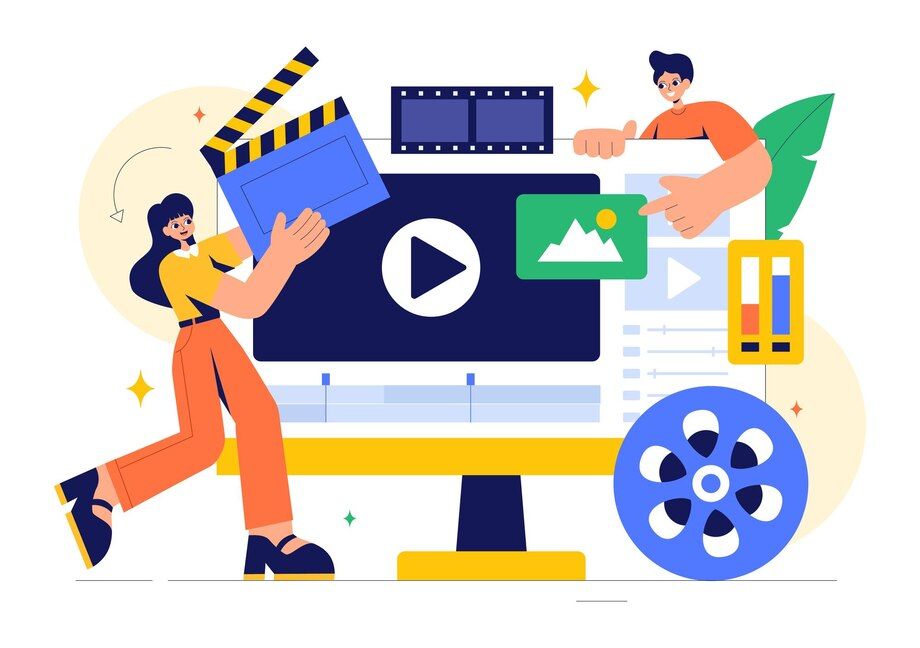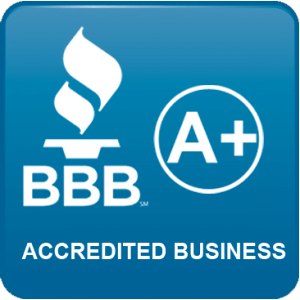In today's digital world, visual content is king. High-quality images and engaging videos can capture users’ attention, improve engagement, and enhance user experience. However, if images and videos aren’t optimized properly, they can slow down your website and negatively impact search engine rankings.
At DigitalTreehouse, a website development and marketing agency in Franklin, TN, we help businesses implement best SEO practices for images and videos to improve site performance and visibility. In this guide, we’ll explore how to optimize images and videos for SEO to ensure your website ranks higher in search results and delivers an exceptional user experience.
Why Image and Video Optimization Matters for SEO
Optimizing images and videos is essential for:
- Faster Website Speed – Large, uncompressed media files slow down page loading times, leading to a poor user experience.
- Better Search Engine Rankings – Search engines favor fast-loading pages with properly optimized media.
- Improved Accessibility – Adding alt text and structured data helps users and search engines understand media content.
- Higher Engagement and Conversions – Well-optimized visuals keep users on your site longer, reducing bounce rates
By following proper SEO techniques, your media can enhance your website’s performance and visibility.
Best Practices for Optimizing Images for SEO
Duda’s Mobile SEO Features
Different image formats serve different purposes. Here’s a quick breakdown:
- JPEG – Best for high-quality images with small file sizes. Ideal for product photos and banners.
- PNG – Supports transparent backgrounds but results in larger file sizes. Best for logos and icons.
- WebP – A modern format that reduces file sizes by up to 30% without losing quality. Recommended for faster loading.
- SVG – Best for scalable vector graphics like logos and icons, as they remain sharp at any resolutio
Compress Images Without Losing Quality
Large images slow down websites.
Use compression tools to reduce file sizes while maintaining quality.
Recommended Image Compression Tools
- TinyPNG – Great for compressing PNG and JPEG files.
- Squoosh – Allows manual compression and format conversion.
- Imagify – Integrates with WordPress for automatic image compression.
Pro Tip: Keep image sizes under 150 KB for optimal page speed.
Add Descriptive File Names
Instead of “IMG1234.jpg”, use descriptive filenames like “red-running-shoes.jpg” to help search engines understand the image content.
Optimize Image Alt Text for Accessibility & SEO
Alt text provides context for visually impaired users and helps search engines index your images.
- Bad Alt Text: "Image of a product"
- Good Alt Text: "Red running shoes with breathable mesh for jogging"
Pro Tip: Keep alt text concise (under 125 characters) and naturally include relevant keywords.
How to Optimize Videos for SEO
Choose the Right Video Hosting Platform
Deciding where to host your videos depends on your goals.
- YouTube & Vimeo – Ideal for reaching a wider audience and driving traffic to your site.
- Self-Hosting – Best for maintaining full control over content but requires strong hosting infrastructure.
- Duda’s Built-in Video Widgets – Simplifies embedding videos for seamless website integration.
Compress Videos for Faster Loading
Just like images, videos need compression. Use tools like HandBrake or FFmpeg to reduce file sizes while maintaining quality.
Recommended Video Formats
- MP4 – Best for web playback with small file sizes.
- WebM – Faster and more efficient than MP4, ideal for modern browsers.
Add Video Transcripts & Captions
Transcripts improve SEO by making video content readable by search engines. Captions enhance accessibility and user experience.
Use tools like:
- Rev.com – For professional transcription services.
- Otter.ai – AI-powered automatic transcription.
Embed Instead of Uploading Large Files
Instead of directly uploading large videos, embed YouTube or Vimeo links to reduce load times and improve performance.
Pro Tip: Regularly test your website speed using Google PageSpeed Insights to track performance improvements.
Tools to Monitor Image & Video SEO Performance
Tracking how your media impacts SEO is essential for ongoing optimization. Here are
some free tools to monitor performance:
Duda’s Built-in Structured Data Features
- Google PageSpeed Insights – Identifies slow-loading images and videos.
- Google Search Console – Shows which images and videos appear in search results.
- GTmetrix – Analyzes media-related performance issues.
- Lighthouse (Chrome DevTools) – Offers suggestions to improve web performance
Regularly check these tools to identify areas for improvement and optimize accordingly.
Why Choose DigitalTreehouse for SEO Optimization?
At DigitalTreehouse, we specialize in:
- SEO-focused website development to improve your online presence.
- Optimized images and videos to enhance performance and rankings.
- Custom SEO strategies tailored for your business needs.
- Ongoing support and site maintenance to keep your site running smoothly.
Frequently Asked Questions
How do images affect SEO?
Images impact SEO by improving user engagement and enhancing page experience. However, large, unoptimized images can slow down page speed, negatively affecting rankings.
Should I use PNG or JPEG for my website?
Use JPEG for general images (photos, banners) as it has smaller file sizes, and PNG for images needing transparency (logos, icons). WebP is recommended for better compression and speed.
How do I optimize videos for SEO?
Use descriptive filenames, alt text, transcripts, and structured data. Additionally, compress large videos and host them on platforms like YouTube or Vimeo to improve performance.
What is lazy loading, and should I enable it?
Lazy loading delays loading images and videos until they are visible on the screen, reducing initial page load time. It’s highly recommended for faster performance.
Can DigitalTreehouse help optimize my website’s images and videos?
Absolutely! At DigitalTreehouse, we specialize in SEO optimization for Duda websites, ensuring your images and videos enhance speed, performance, and rankings.
Need help optimizing your Duda website for SEO?
Contact DigitalTreehouse today for expert guidance!

SHARE ARTICLE
Schedule Your FREE 15-Minute Consultation
oUR rECENT bLOGS








